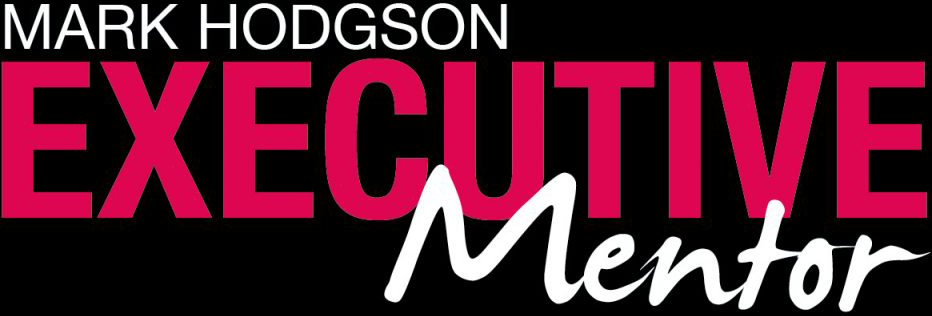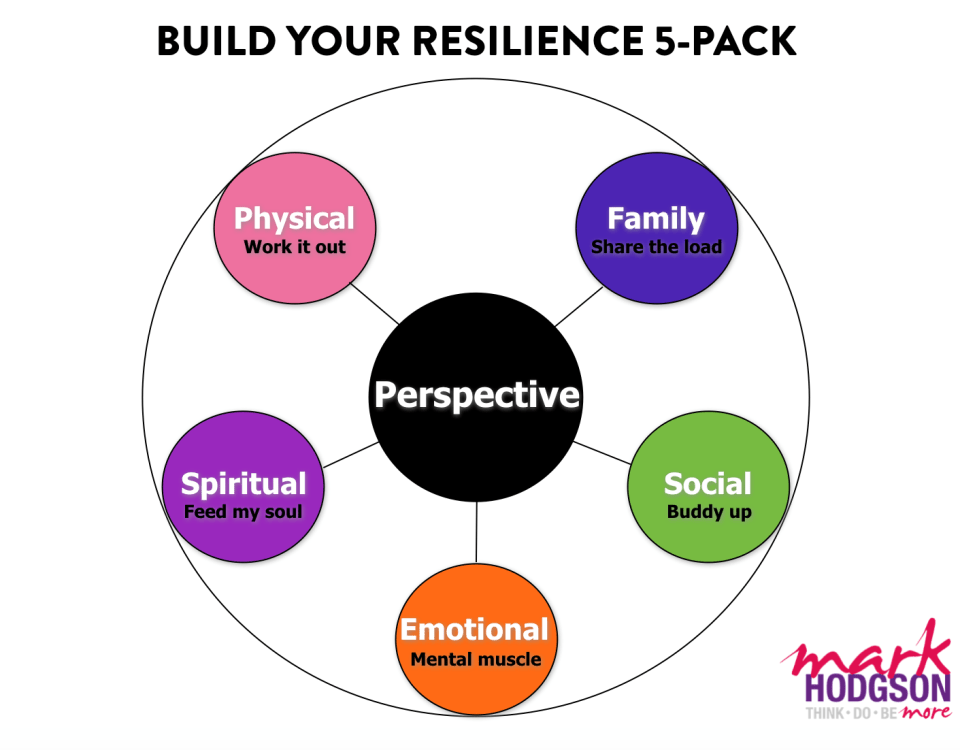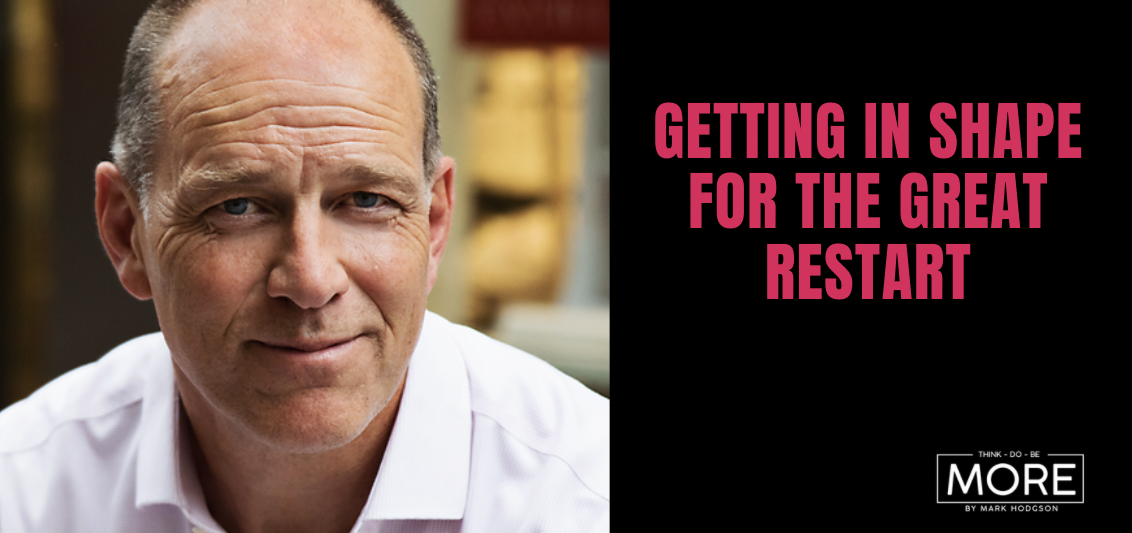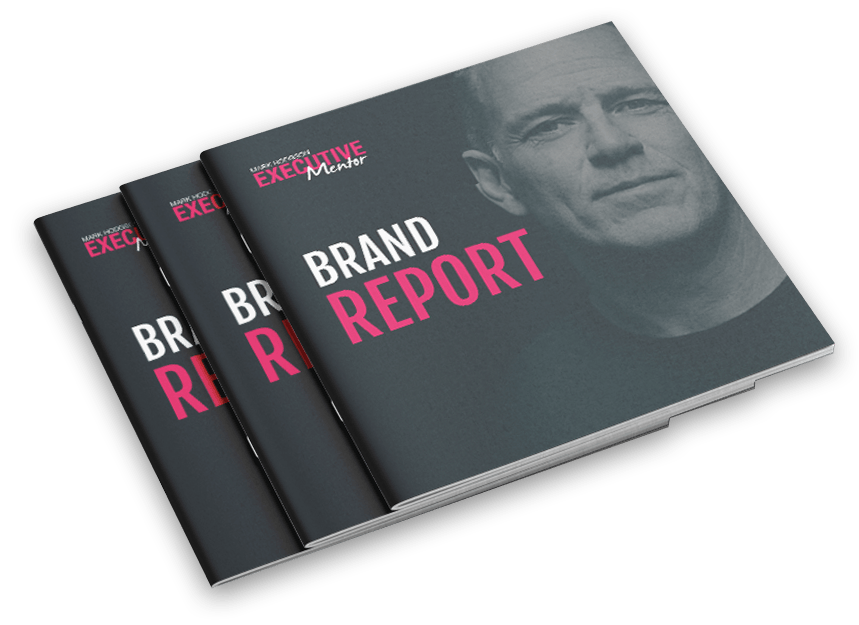As we leap (or stumble?) into a new financial year, it’s a great time to take stock. I’m finding that for many of my clients the stress dial is cranking ever-higher. Keeping it all together as we attempt to build careers and businesses, whilst simultaneously showing up as good parents, siblings and community members is tough. Something’s got to give.
It’s no surprise that we are experiencing record levels of financial stress, mental health issues and family breakdowns.
We need to do some work
These stresses are not going away. At a time of year when many of us are talking about strategy, goal-setting and what needs to change, we’re probably missing the point. We need to get better at BUILDING RESILIENCE.
Unless we address the fundamental need to equip ourselves and our teams to show up more or less happy and in good shape for the long haul, our plans will go unrealised. Building resilience is foundational to EVERYTHING.
How did we get here?
Whether you work in an organisation or for yourself, you’ve probably never experienced a more competitive environment. To be at the races, let alone win them, we all need to do more with less and faster.
We have to constantly adapt to stay relevant to our customers. The formally clear divide between our personal and professional lives has evaporated. We can get stuck in an exhausting ‘always on’ mode. Busy execs and time-strapped entrepreneurs are just as likely as gaming teenagers to be busted for breach of the ‘no devices at the table’ rule.
It’s easy to get overwhelmed.
This expectation and these technologies are not going away. Part of our self-leadership success story must therefore be to manage our personal resources and energies so that we can consistently perform without burning out. We need to become more RESILIENT.
Equipping ourselves for adversity
My RESILIENCE 5-Pack model captures the essential elements we need to balance to maximise our resilience. It’s based on the thinking behind the US Army’s Comprehensive Soldier (and family) Fitness programme.
The CSF was born from the frustration with the high number of combatants who were returning from war theatres with post-traumatic stress disorder (PTSD). The Army’s traditional response was reactive – i.e. treating the sick. There were few preventative measures in place.
Research showed that soldiers were often over-reliant on a few pillars of strength for their overall wellbeing (typically physical fitness, and sense of belonging to the army unit – Physical and Social in the model). If these become undermined by exposure to the stresses of war, it becomes almost inevitable that PTSD will follow.
A Positive psychology approach has since been developed and implemented across the entire US Army. Simplistically, it encourages soldiers to develop a broader range of supports on which they can draw to retain balance and wellbeing in times of adversity. So rather than standing on two legs, we instead create greater stability by developing five!
I call this the Resilience 5-Pack!
It’s all about perspective
Whilst we’re not soldiers, I reckon the same principles are just as valid. It’s about recognising and developing strengths in five areas of our lives – Physical, Family, Social, Emotional and Spiritual.
Physical (work it out).
Pretty obvious, but so many of us don’t do this well. Whilst we’re not about to go ‘over the top’ into a hail of bullets, keeping ourselves physically fit is important. We need to exercise and balance our diet. I run, row and swim regularly – a great way to clear the head.
Family (share the load).
They may drive you crazy on occasion, but family trumps all. We need to value those who are close to us. I know I’ve got this out of whack at times in the last couple to years. A good way to re-focus is to answer that golden question – ‘What’s my why?’. Forget all the Facebook friend crap – cultivating real relationships is critical.
Social (buddy up).
Get out, get a life. Socialise outside of work or your practise. It’s really easy to consign this one to the ‘not enough time’ basket. I play rugby mainly for the social element (and the beer – see 1!). It’s great to chew the fat with a bunch of guys who have nothing to do with my day to day.
Emotional (mental muscle).
The pressures of managing ourselves to deliver against a multiplicity of demands and expectations (from others or ourselves) takes a very real emotional toll. We need to find a way to feed our emotional strength. I have a few male friends who I can confide in and share with at a deep level. This works for me, but counselling or other strategies are great too. As a former Lifeline crisis telephone support worker, I got to speak to a lot of achingly lonely people. This heightened my awareness of just how important our need to connect is.
Spiritual (feed my soul).
A very personal one, but, again, worth naming, addressing and nurturing. I am a lapsed Christian but I know I still get great strength from this – especially on the tough days. Like the other 5 strengths, I have to work at it. Others may look to meditation or pantheism. Again, important not to trivialise the importance of this aspect in our overall wellbeing.
Perspective sits in the middle of everything. To maximise our resilience, there is nothing better than taking the time to know where we are:
- In relation to others. The vast majority of people on the planet will always worse off than anyone reading this. Losing a sale, missing a plane or a bad cappuccino is not the world’s biggest tragedy!
- In relation to ourselves. Run a health check around these five pillars. What are you doing well – what do you need to fix up? Score yourself out of 5 for each and put in place 3 actions to top up any area in which you are weak.
What are you doing to build Resilience?
Mastering Resilience is key to achieving and maintaining our ‘success’ – whatever that means for you. We are not sprinters – we need to condition ourselves for the longer haul – to suffer the slings and arrows and still turn up the next day with a smile!




